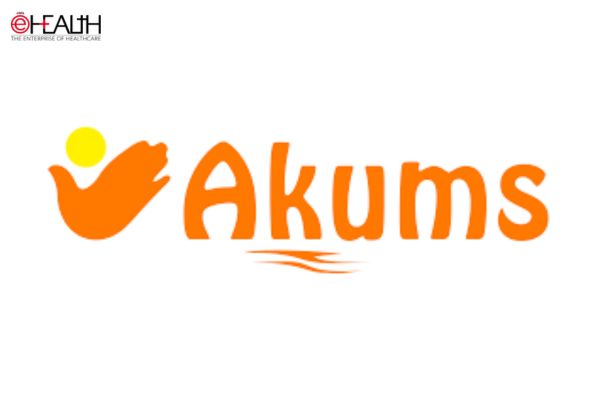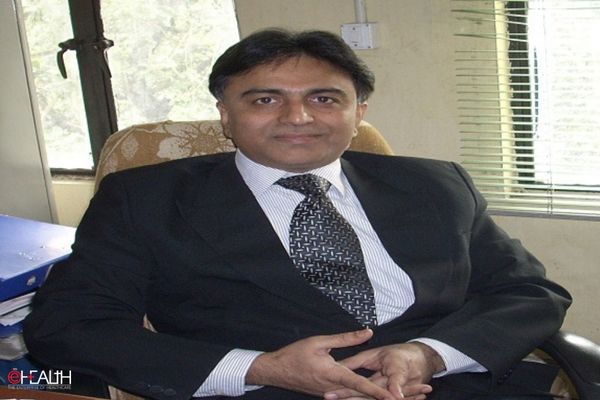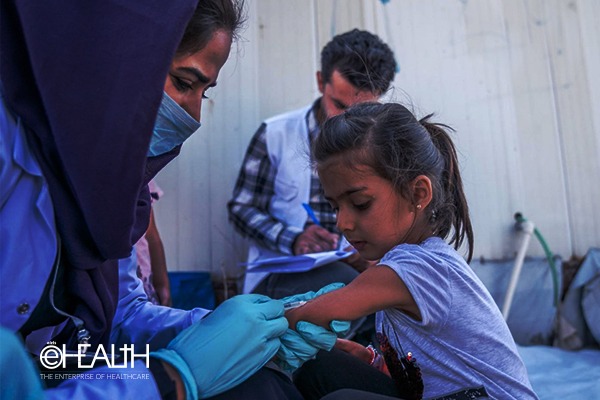Lack of adequate isotopes will be an important subject of discussion for the experts convening at the Society of Nuclear Medicine (SNM) meeting in Toronto on the coming weekend. With closure of Atomic Energy of Canada Ltd (AECL), closed down its 52-year-old reactor at Chalk River, Ontario in May due to a leak, the supply of radio-pharmaceuticals fell scant. The plant produced about 40% of global molybdenum-99 supply. It was the only reactor in North America and one of the five in the world, that made molybdenum-99 decay to become technetium-99m, an isotope used in an increasing number of medical tests.

AECL is vague about when or if the old reactor plant would restart, depending on the inspection that will be conducted to declare viability of the plant. This is causing difficulty to the suppliers and physicians alike. To make the matter worse, another MO99 plant in The Netherlands, is scheduled to be shut down for maintenance in mid-July to mid-August. The shut down of the plant has deeply affected MDS Nordion, which has an exclusive agreement with the AECL to distribute the plant’s uranium. The company is disturbed not only due to delay AECL is making in providing a timetable for the current shutdown, but also because the agency has indefinitely idled two new plants Nordion built, called the Maples plants. The uncertainties have adversely affected the medical community. Although, alternatively, it was mentioned that isotopes can also be made from lowly enriched uranium, with its plant in Argentina and another one in Australia, U.S. So far has no regulatory approval for using the substance.


Be a part of Elets Collaborative Initiatives. Join Us for Upcoming Events and explore business opportunities. Like us on Facebook , connect with us on LinkedIn and follow us on Twitter , Instagram.
"Exciting news! Elets technomedia is now on WhatsApp Channels Subscribe today by clicking the link and stay updated with the latest insights!" Click here!
















